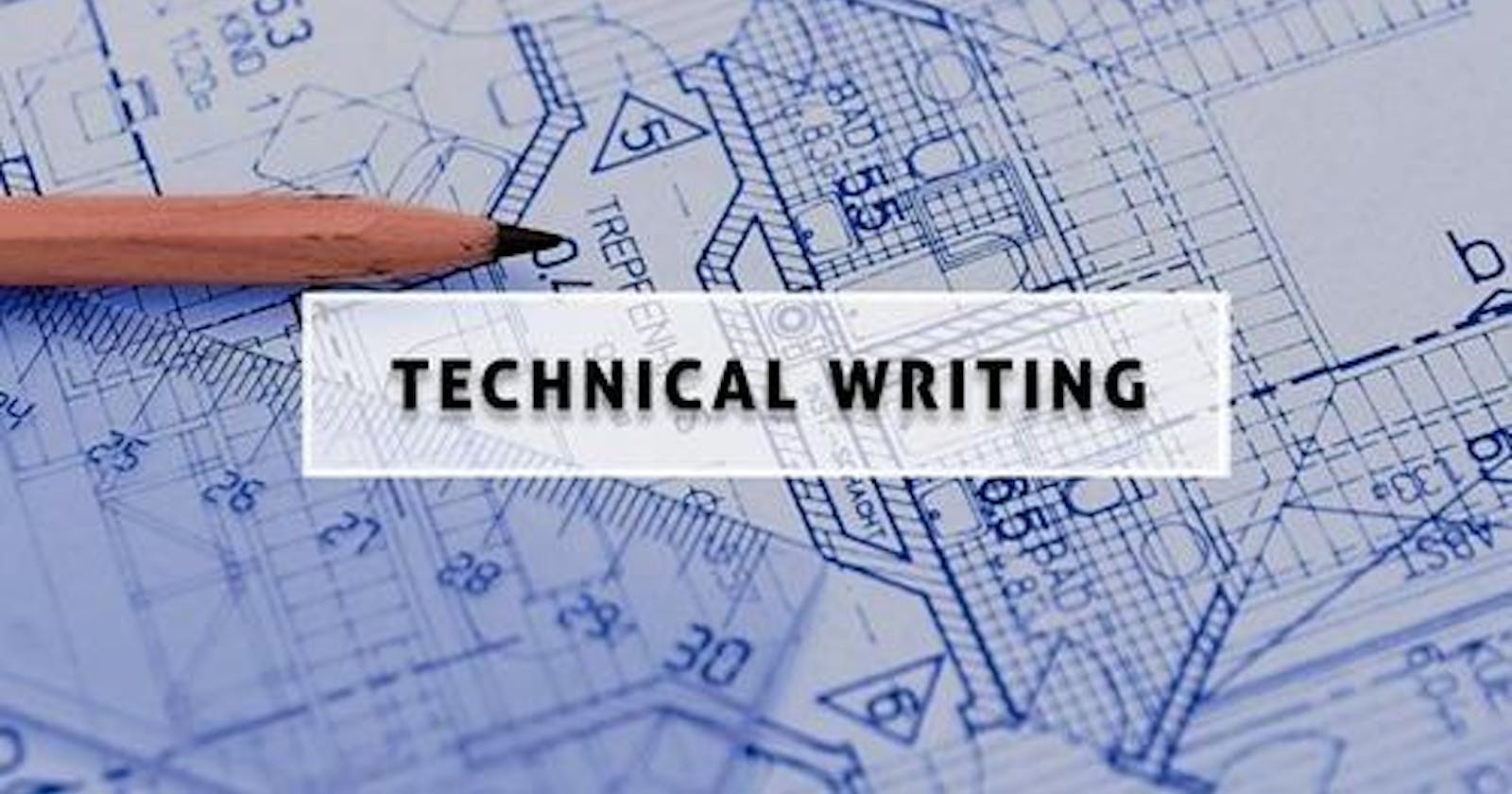What is technical writing?
Technical writing is the creation of technical information where the writer communicates their expertise and experience on a topic to others, which will enhance your understanding of the topic.
It is recommended to always use straightforward, easy-to-understand explanations and instructions for a particular subject to show the writer fully understands and is able to share their knowledge with others.
Technical writing skills.
In my opinion, here are 5 skills you need to become a successful technical writer:
Understanding how to write in your preferred language of communication: involves learning the syntax, grammar, and how words are composed in your preferred language to effectively communicate with your target audience. This can be done by reading books and finding the meaning of complex words to expand your vocabulary.
Knowing your audience is essential so that you have an idea of how to tailor your content or message to pass it across seamlessly.
Picking a particular niche: Identifying your area of expertise will help you narrow down to a particular niche so as to write what you know, especially when starting out.
Learning how to break down complex concepts: it is said that if you can write, you can explain, and if you can explain, you understand; knowing how to break down concepts serves as proof that you actually understand what you are writing about.
Learning how to research: technical writing involves a lot of research so as not to mislead your audience. Research helps you gain more knowledge about a concept and also helps you keep up with the latest trends.
Tips to Become a Technical Writer
Take a course in technical writing.
Read books and articles related to what you will be writing about.
Make an outline of what your article will look like.
Be consistent; there is no better time to start writing than now.
Cultivate the habit of using tools that help check for spelling, grammar, and plagiarism, like Grammarly.
Always write short and precise sentences and ensure each paragraph supports a single idea.
Consult experienced writers to proofread your article and provide feedback.
Summary.
As with other skills, writing takes time and practice to perfect. I will advise you to be consistent in your writing and never give up.
Thank you for reading, and I hope you learned something new. Do well to follow me on Twitter and Linkedin.
